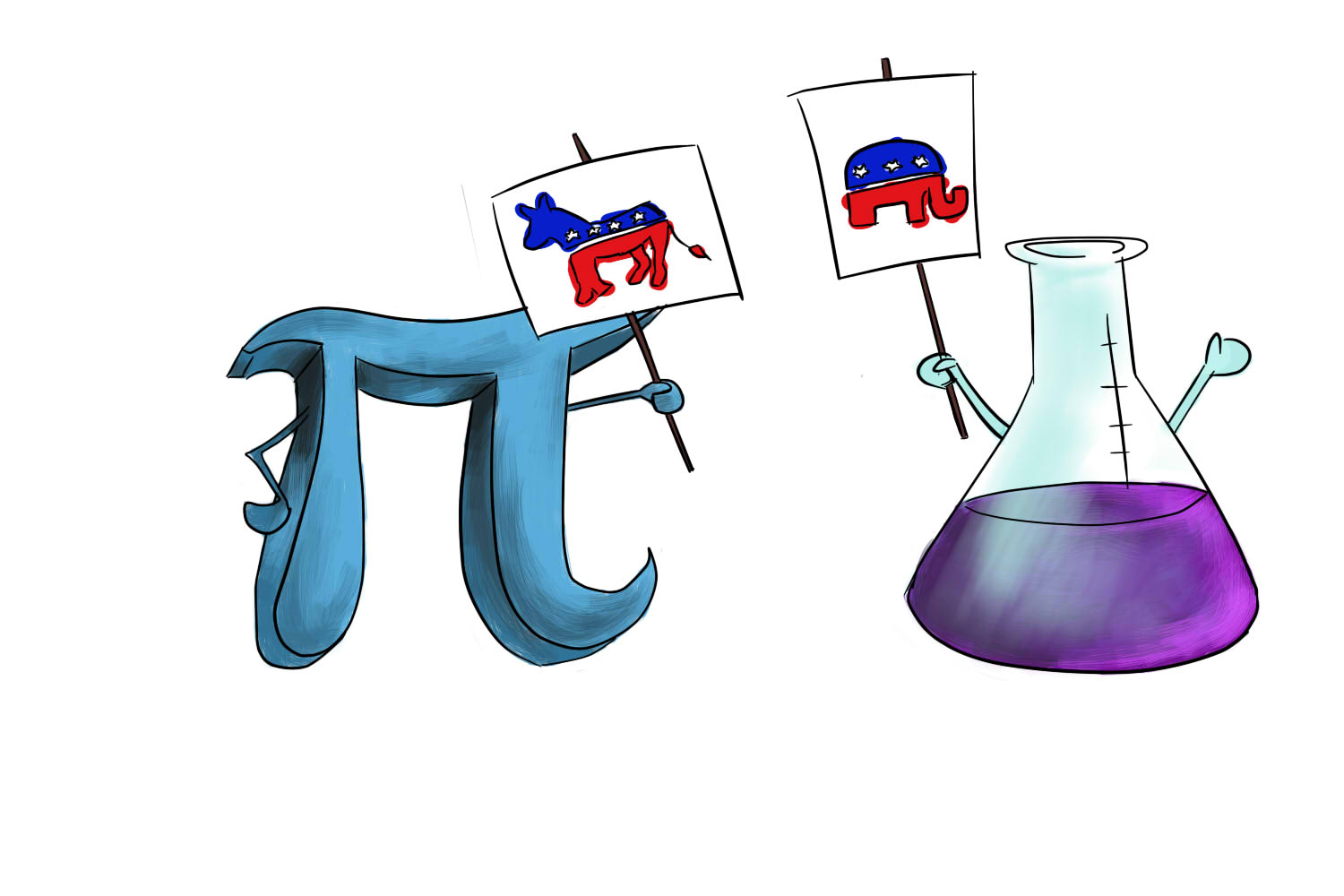Aram Ghoogasian: Increased input by academics needed on divisive issues

Kimberly Striegel/Daily Bruin
By Aram Ghoogasian
March 4, 2014 12:00 a.m.
Education and politics often mix with divisive results.
The University of California Board of Regents’ controversial decision to hire the former U.S. Secretary of Homeland Security as its new University of California president illustrates the clear connection between our academic institutions and the world of politics. When major decisions are made by academic institutions, politics often find their way into scholars’ conversations.
Politics and academic freedom are strongly intertwined. For this reason,academic associations, groups of scholars that promote a given academic discipline, often make public political statements or take strong political stands.
This works to provide the public with a professional political opinion from people other than politicians.
These academics inevitably face criticism from both people who disagree with their political stands and those who think they shouldn’t say anything at all. Although many vocal opponents come from political groups who disagree, critics even include other academics.
But because political discourse and analysis is interwoven into our academic environment, scholarly organizations have a responsibility to actively engage with policy and social issues.
Last December, the American Studies Association made waves by signing onto a political movement boycotting Israeli academic institutions, saying “Israel’s violation of international law and UN resolutions; the documented impact of the Israeli occupation on Palestinian scholars and students; (and) the extent to which Israeli institutions of higher education are a party to state policies that violate human rights.”
We need our academics to enter the sphere of public opinion. Academics don’t need to worry about offending potential voters; they can give the general public their well-informed, unadulterated opinions.
Since the American government funds our public institutions, political problems seep into the realm of education whether we like it or not.
Academics are the most qualified to call politicians out for their misdeeds concerning foreign policy; we can’t expect politicians to police themselves in this regard. Scholars are a resource for accountability that we don’t turn to often enough. Other groups in civil society, such as the news media, provide a good baseline of accountability, but academics have a pool of expertise that other groups often don’t have.
This isn’t to say that we should entertain a turn to a Platonic system of government led by philosophers, but we should certainly encourage a larger presence for the opinions of our educators as a step toward better governance.
David Lloyd, a professor of English at UC Riverside and a member of the American Studies Association, addressed the criticism that such organizations shouldn’t take political stances in a statement.
“No more than political freedom is academic freedom the private possession of the privileged,” Lloyd said. “It has meaning only if it is translated into action and only if we are not afraid to translate our understanding into collective action for justice.”
In short, academic freedom is only academic freedom if it’s set in motion. There’s no point of having the capacity to take political stances if groups don’t actually take them.
Inevitably, people with dissenting views within these associations wouldn’t have their opinions heard, but that is the price of democracy and does not infringe upon the disenters’ academic freedom; they can still make their voices heard through other means. The official statement represents the stance of the majority of the members, not a unanimous decision.
One should also note that resolutions passed by academic associations have no tangible impact; they are mere suggestions. Taking the right of making suggestions away from these associations by telling them to keep their mouths shut, as many organizations have suggested, doesn’t seem like “freedom” in any sense of the word.
If students and teachers don’t weigh in on “divisive” issues, the agency lies with politicians whose progressiveness is hindered by bipartisanship in Congress. These circumstances are what make input from academic associations not only justified, but necessary.
Send general comments to [email protected] or tweet us @DBOpinion.


